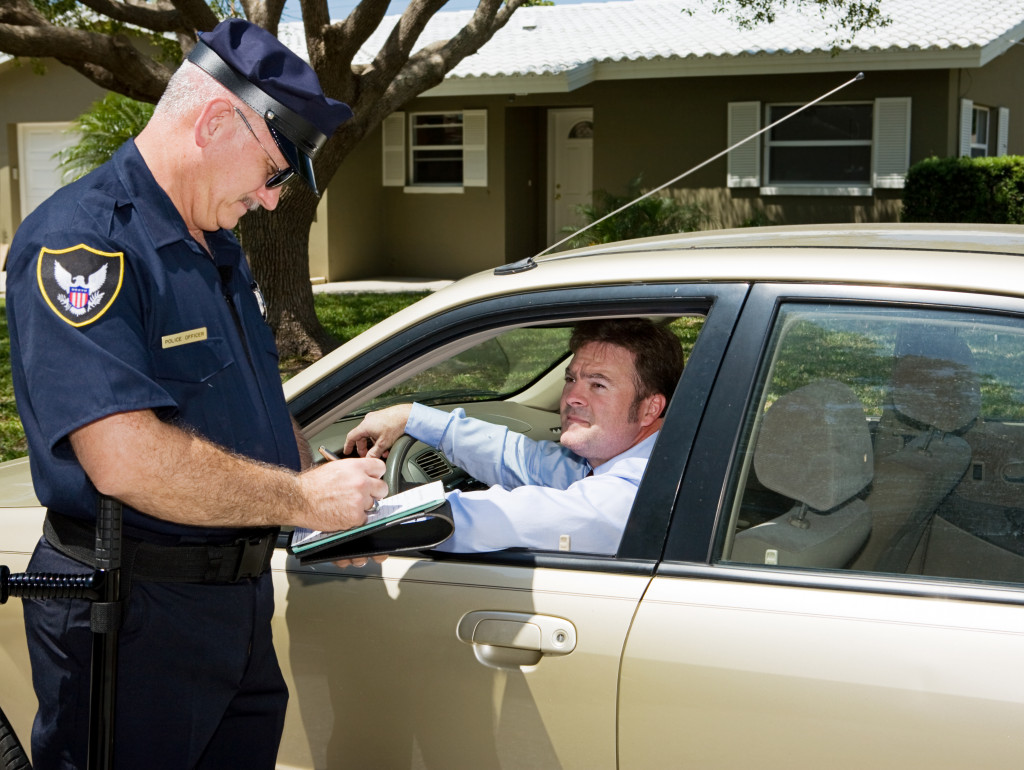Although it might not be the most fun activity you can participate in, receiving a traffic citation isn’t always the end of the world. These citations are classified as civil infractions rather than criminal crimes. Therefore, they shouldn’t show up on your record as “convictions” or “arrests.”
If you have no prior history of serious moving violations, you don’t need to panic you receive a speeding ticket. Just make sure to resolve it properly so that all fines and points are satisfied.
Here are the best reminders when you receive a traffic ticket:
1. You Are Entitled to Know EVERYTHING about the Violation
When you receive a ticket, the first step should be gathering information about the violation. The citation will state what law you allegedly violated (examples include exceeding the posted speed limit, running a red light, texting while driving, etc.) and the potential consequence of not responding (usually an increase in fines). It should also indicate how much money you owe to pay the citation, as well as when it’s due.
If you have any questions or concerns about your ticket or its penalties, don’t proceed until they are answered. Many citations come with a phone number that you can call for more information. If there isn’t one listed, contact your state department of motor vehicles or local court. Remember, your legal rights are always protected even when you’re receiving civil traffic violations.
2. Traffic Violators Have Many Options on How to Deal with the Citation

Even if you have the right to know about your violation, you are still accountable to answer the allegation. Some states require drivers to respond within a certain period. Otherwise, their license will be suspended until they meet all the requirements and pay any penalties owed. In other cases, like parking citations, failing to respond might not result in legal consequences. Still, it can lead enforcement officials to place a boot on your car or even impound it altogether.
The good news is you have many ways on how to deal with it:
- Simply pay the citation or make an online payment if that is allowed by your state’s traffic court
- Plead not guilty and request to come to court on a specific day for arraignment (which is the same thing as pleading not guilty)
- Ask your state’s traffic court for a “trial by declaration”
- Plead no contest or guilty and pay through the mail before you appear in court (this usually entails making an online payment)
- Arrange with the prosecutor (meaning either the police officer or their attorney) for probation and community service hours instead of having to actually go to trial
- Request an extension of time to respond online, which will buy you some more time so that you can become better informed about what options are available to you without having to risk being charged with an automatic default judgment against you
- Contest or dispute the citation
While these violations don’t end up in criminal records, they can hurt you by potentially increasing your insurance premium. Violators can then benefit from taking a DMV defensive driving course online, which can help decrease points on their driving record.
3. Penalties Can Be Hefty
While you are not going to jail for violating traffic rules, unless the police accuse you of driving under the influence (DUI), you might still end up paying fines—and they can be expensive.
Besides paying the base fine, most citations come with several “add-on” fees that could quickly increase your total amount due. These include administrative costs (which cover processing your payment) and possibly even traffic school attendance expenses (for drivers who must meet certain conditions to avoid having their license suspended).
In New Jersey, for example, if you incur at least six points on the driving record within three years, the state can charge you at least a $150 surcharge and then $25 for every extra point after six. This is on top of other huge charges for other offenses like $1,000 for refusing to take a blood-alcohol test.
Take the time to make sure you understand all costs involved before you submit anything for processing. Remember, it’s never too late to take care of a citation!
Getting a traffic ticket isn’t only a hassle and an expense—a huge one—for any person or family. The best way to save time and effort is to avoid it.
However, knowing what to expect after receiving a ticket makes you better prepared to handle it and even get help when necessary, like from a traffic ticket attorney. Most of all, you won’t find yourself in deeper legal trouble later.
